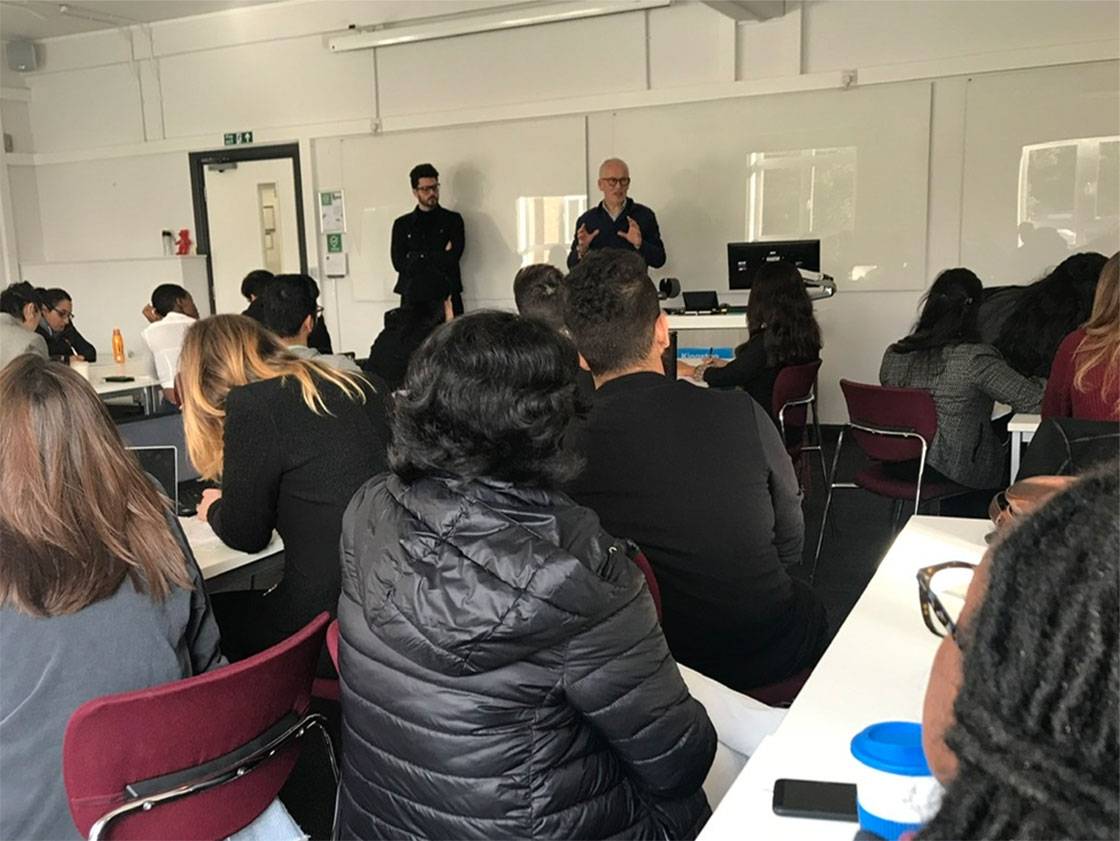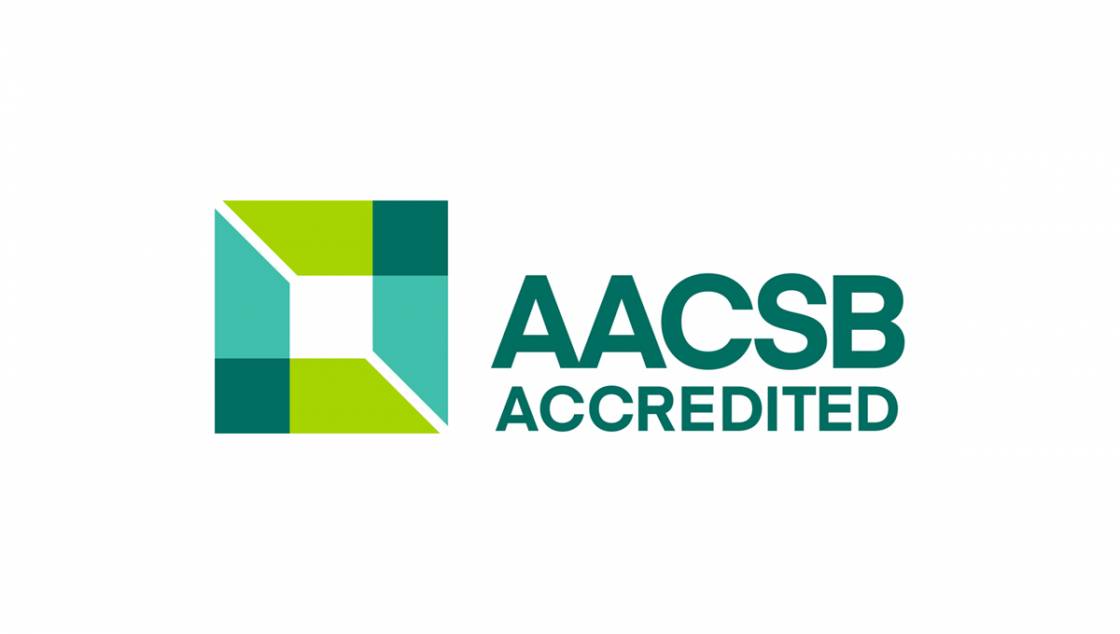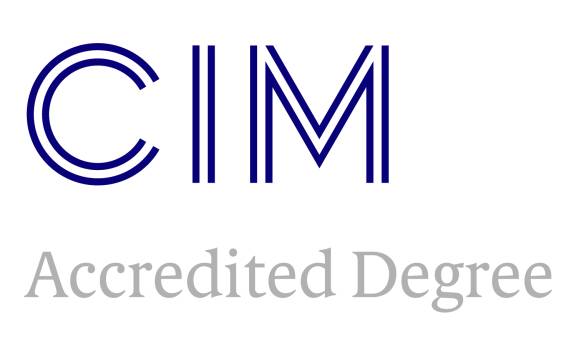Marketing and Brand Management MSc
Why choose this course?
This course can lead to a broad range of careers in marketing, particularly within brand management or brand marketing. It offers an understanding of the business value of brands and the skills to develop and manage them professionally.
You will develop a solid knowledge of brand management and be able to oversee a brand across all channels. There are opportunities to apply branding theory to case studies and in a live business context. Through integrated tasks and workshops, industry links and networking opportunities, there is a focus on career and employability.
- Unique brand insight: You will develop a solid knowledge of marketing management, so you can oversee a brand in all channels. You will take the opportunity to apply branding theory to case studies and in a live business context.
- Career-ready: the work you complete during your masters builds into a portfolio you can be proud to show recruiters.
- Reputation: Kingston Business School maintains a strong reputation for its marketing programmes. Top industry practitioners from agencies such as Magnetic consult with us to ensure that our marketing courses give you the skills needed by industry.
No background in business is required, but you will need to have a strong interest in marketing.
| Mode | Duration | Start date |
|---|---|---|
| Full time | 1 year |
January 2025 September 2025 |
| Full time | 2 years including professional placement |
January 2025 September 2025 |
| Main Location | Kingston Hill |
Reasons to choose Kingston University
- Kingston Business School is one of only 5% of the world's business schools to be accredited by AACSB International.
- Through exemptions awarded by the Chartered Institute of Marketing (CIM) you will have the opportunity to achieve a CIM qualification - highly valued by employers.
- We consult with top industry practitioners, from companies such as Diageo Great Britain and agencies such as Iris, to ensure this course offers the skills valued in industry.
- You will have the opportunity to work with real clients on exciting projects, and hear best practice from experts at companies such as TikTok, Samsung, McCann Global Advertising Agency and Mars.
- Free car parking at the Kingston Hill campus is available for students of this course. The campus can also be easily accessed by public transport. Halls accommodation is just a walk away from the classrooms.
What this course offers you
- Ability to assess and develop brands from business and design perspectives.
- Career and employability focus through integrated tasks and workshops.
- Highly interactive lecture sessions will develop your critical thinking by putting the emphasis on discussion and debate and the exchange of ideas between lecturers and students.
- You will put theory into practice through applied in-class exercises as well as exciting assessments that enable you to devise strategic brand management and integrated communications plans via live company briefs.
- Guest lectures by specialist practitioners and industry experts will give you unique insight into the challenges faced by companies in today's competitive landscape.
- Special industry events organised by our Alumni department provide excellent opportunities for networking.
After you graduate
Graduates from this course typically enter the workplace in a range of roles, with many now at marketing director level or above. Typical roles include marketing manager, brand manager, brand marketing executive, product marketing manager, media planning manager, consultant or digital media buyer.
Some graduates decide to continue their studies at Kingston University though doctoral research, and many decide to use the skills they have learned to set themselves up in business.
Kingston Business School Accreditations
Kingston Business School holds the prestigious international accreditation by the AACSB (Association to Advance Collegiate Schools of Business) in recognition of the excellence of its business education. This accreditation has been earned by just 5% of the world's business schools and recognises the high quality and standard of our business degree offerings.
Specialist careers support
You will take part in an Assessment Centre Experience, providing the opportunity to experience the pathway to employment with tailored feedback to help develop your employability skills for the world of graduate employment.
- Develop your understanding of the jobs market, including current trends and opportunities, different recruitment processes and how to identify relevant roles
- Receive personalised feedback reports to help you to improve and progress
- Access additional webinars on top tips, employer expectations and best practice

Kingston Business School: be who you want to be
At Kingston Business School we lead
Accreditation
Chartered Institute of Marketing
This course is accredited by the Chartered Institute of Marketing (CIM). CIM qualifications are highly sought after by employers. Students on this course have the opportunity to gain a CIM Certificate in Professional Digital Marketing through the CIM Accredited Degree Programme.
About the Department of Strategy, Marketing and Innovation
The Department of Strategy, Marketing and Innovation comprises passionate and enterprising academics from a diverse range of backgrounds. Our undergraduate and postgraduate qualifications bring together research, practitioner insights and teaching expertise in the disciplines of marketing, international business, entrepreneurship, strategy and innovation.
Our courses are truly experiential, providing you with opportunities to undertake company visits, attend networking events and hear best practice from industry guest speakers.
What you will study
The course comprises seven core modules.
Year 1
Year 2 (optional placement year)
Core modules
Buyer Behaviour
15 credits
This module focuses on how people buy and use products, and how they react to marketing action. You will:
- apply this buyer behaviour information to specify marketing goals and define an effective services strategy;
- critically evaluate the latest research developments in buyer behaviour, such as customer loyalty, satisfaction, advertising effectiveness, branding, pricing and store atmospherics;
- take a scientific approach, based on evidence and theory, to understand the practical application of research findings and to identify areas where further investigation may be needed; and
- evaluate the most appropriate methods of investigation and analysis.
Strategic Brand Management
30 credits
Examine diverse, sometimes controversial, theories of 'the brand'. Understand the strategic challenges faced by brands and their managers. Develop your own brand management skills that will enable you to make an immediate and effective contribution.
This module is delivered through a mix of formal lectures, video case studies and seminars. Groups of students often debate pre-assigned 'hot issues' in branding and present their perspective. There is also an opportunity to visit the Museum of Brands, Packaging and Advertising in Notting Hill, London.
Global Marketing Management
15 credits
Examine how marketing management theories and methods can be applied to ensure long-term success for a broad range of organisations, private or not-for-profit, with a global context.
Global Marketing Management is the discipline of planning, organising and managing marketing resources across international regions, to achieve an organisation's marketing objectives. This module is delivered through lectures, case study seminars and workshops and is supported by professional guest speakers.
Marketing Communications
15 credits
The module is relevant to all students who want to equip themselves for a career in marketing communications, either on the agency or client side. Marketing communications involves planning, organising, managing and evaluating communications between a company or organisation and its stakeholders. It traditionally involves the integration of advertising, sales promotion, public relations and interactive marketing. This module ensures that you understand the practical issues involved in creating effective integrated communications plans which incorporate both traditional and innovative elements. It also builds an understanding of the theoretical issues which underpin effective communications.
The module is delivered via lectures, in-class exercises, workshops, electronic learning and is supported by guest speakers. There is a strong emphasis on student-centred learning and you will be regularly asked to contribute to sessions with discussion of research projects, presentations and practical assignments.
Branding Design
15 credits
Design is integral to an organisation's branding strategy, but relatively few managers have the ability to critically appraise a design or shape its development. This module teaches students how to nurture a distinctive brand, through gaining key knowledge and practice in design management. This includes the strategy, process and implementation involved in successfully executing the design elements of a branding strategy.
Market Research and Data Analysis
30 credits
Understand the elements of effective market research. Collect primary data that is valid and reliable for management purposes. Develop practical skills in data analysis to transform this raw data into information that guides marketing decisions. This module can act as a launch pad for a career in market research within the wider marketing industry.
The skills you learn in this module also prepare you for your dissertation. Learn to critically evaluate commercial and academic published research, construct and execute a programme of research, and analyse and present the results.
The module is delivered through a combination of class sessions, workshops and computer mediated practical sessions covering both quantitative and quantitative aspects of data collection and analysis.
Research Proposal and Dissertation
60 credits
You will research a specific area of marketing in depth by identifying a topical issue or problem using appropriate theory and research methods. You will put the knowledge you've developed during the course to the test by writing a research proposal and dissertation that combine academic rigour with practical marketing implications. You will then communicate these findings as you would do in the workplace – by writing a management report.
This module teaches you how to select appropriate research methods and leads to a theoretically-grounded research project which generates findings that inform management decisions. It will teach you to apply your research skills and gain experience managing a large-scale research project. These advanced research skills will prepare you for a highly adaptable career in marketing, and differentiate you as a future business leader.
The professional placement year is optional. It takes place after the full time year. It allows students to do a 12-month work placement as part of their course. The work placement is an assessed part of the course and is therefore covered by a Student Route visa.
Find out more about the postgraduate work placement scheme.
Core module
Professional Placement
120 credits
The Professional Placement module is a core module for those students following a masters programme that incorporates an extended professional placement that follows completion of the first 180 credits of taught modules and project or dissertation. It provides students with the opportunity to apply their knowledge and skills in an appropriate working environment, and to develop and enhance key employability skills and subject specific skills in their chosen subject.
It is the responsibility of individual students to locate and secure a suitable placement opportunity; this will normally involve one placement which must be completed over a minimum period of 10 months and within a maximum of 12 months. The placement must be approved by the module leader prior to commencement to ensure its suitability.
What our students and graduates say
Embedded work-experience
Within the course, students are given the opportunity to gain real-life work experience. Recently, students worked on a live-client project with the Rose Theatre in Kingston. They were given their brief by the Theatre's chief executive. Then in a formal pitch process the students presented their ideas to the team from the Theatre.
"Our students get the opportunity to understand current challenges that real businesses face, understand the marketing context of an organisation and present solutions to real problems in a formal process."
Course director Dr Shalini Ramlall

Entry requirements
Teaching and assessment
Who teaches this course?
You will be taught by an experienced teaching team whose expertise and knowledge are closely matched to the content of the modules on this course. The team includes senior academics and professional practitioners with industry experience. The following group of staff members are currently involved in the delivery of different elements of this course. This pool is subject to change at any time within the academic year.
Fees for this course
Additional costs
Depending on the programme of study, there may be extra costs not covered by tuition fees. Students will need to consider these costs when planning their studies. Tuition fees cover the cost of your teaching, assessment and operating University facilities such as the library, access to shared IT equipment and other support services. Accommodation and living costs are not included in our fees.
Where a course has additional expenses, we make every effort to highlight them. These may include optional field trips, materials (e.g. art, design, engineering), security checks such as DBS, uniforms, specialist clothing or professional memberships.
Course changes and regulations
The information on this page reflects the currently intended course structure and module details. To improve your student experience and the quality of your degree, we may review and change the material information of this course. Course changes explained.
Programme Specifications for the course are published ahead of each academic year.
Regulations governing this course can be found on our website.















